Sports drinks have long been a staple for athletes, ranging from weekend warriors to professional sports stars. These beverages are designed to help replenish electrolytes, provide energy, and maintain hydration during intense activities. However, as our understanding of human physiology and sports science deepens, the evolution of sports drinks is evident, with formulations becoming more specialized and tailored to meet the specific needs of athletes. This development is crucial in a world where the margins between winning and losing are often razor-thin.
The Genesis of Sports Drinks and Their Role
The origin of sports drinks can be traced back to the 1960s, designed initially to replenish the combination of fluids and electrolytes lost through sweat while providing extra energy from sugar. This basic formula has served athletes well for decades, ensuring hydration and sustained performance. However, recent advancements in sports nutrition science have prompted a new generation of products that offer more than just hydration.
Specialized Ingredients for Enhanced Performance
Modern sports drinks have transcended their original recipes to include a variety of performance-enhancing ingredients. Components like BCAAs (Branched-Chain Amino Acids), caffeine, and even protein are now common. These ingredients are added to assist with recovery, increase endurance, and reduce fatigue. The inclusion of advanced electrolytes like magnesium and zinc also caters to the more nuanced understanding of electrolytic balance needed during prolonged physical activity.
The Rise of Customization and Personalization
One of the most significant trends in the evolution of sports drinks is the move towards customization. Today's athletes can choose drinks that are specifically formulated for the type of activity they engage in, their sweat rate, and even their metabolic needs. This shift is seen in the emergence of companies offering personalized sports drink mixes, directly catering to individual needs rather than adopting a one-size-fits-all approach.
Convenience Through Technology: Sports Drinks Online
With the digital age in full swing, purchasing habits have shifted online, and sports drinks are no exception. Athletes can now buy sports drinks online, often at wholesale prices, which allows them easy access to a wide range of products. E-commerce not only offers convenience but also allows consumers to quickly compare products and prices, read reviews, and find the best deals on sports drinks wholesale, ensuring they get the precise nutrients needed without overspending.

White Label Solutions in the Sports Drink Market
The sports drink industry has also seen a rise in white label products, particularly in niche categories like sports oxygen drinks. White labeling allows companies to sell these specialized beverages under their own brand, providing a high degree of product customization. This approach benefits manufacturers by reducing the cost of product development and helps brands differentiate themselves in a crowded market. The "Sports Oxygen Drink White Label" segment has particularly benefited smaller companies aiming to compete with industry giants by offering unique products that cater to specific consumer segments.
Sustainable Practices and Natural Ingredients
Environmental concerns and health consciousness are driving the demand for sports drinks made with natural ingredients and sustainable practices. Consumers are increasingly looking for products free from artificial colors, flavors, and preservatives. Organic ingredients, natural sweeteners like stevia, and plant-based colorants are becoming more prevalent. Additionally, sustainable packaging solutions such as biodegradable bottles or refillable containers are increasingly common, appealing to the environmentally aware athlete.
Scientific Validation and Consumer Trust
As the market for sports drinks becomes more competitive, the importance of scientific validation grows. Consumers seek evidence-based benefits, leading companies to invest more in clinical trials to substantiate their claims. This scientific backing is crucial for maintaining consumer trust and credibility in a market flooded with health and wellness products.
The Future: Smart Sports Drinks
Looking forward, the integration of technology into sports nutrition shows promise for further innovation. Concepts like smart sports drinks, which can adapt their composition in real-time based on the wearer’s sweat analysis through wearable technology, could revolutionize the market. This futuristic approach could tailor hydration and nutrient delivery uniquely to each athlete's real-time needs, potentially optimizing performance and recovery to unprecedented levels.
Final Thoughts:
The evolution of sports drinks reflects a broader trend of personalization and precision in sports nutrition. As athletes and consumers demand more from these products, the industry continues to respond with innovations that provide specific, scientifically validated benefits tailored to individual needs. From purchasing sports drinks online at wholesale prices to embracing white label opportunities and pushing the boundaries with emerging technologies, sports drinks are indeed evolving rapidly to keep pace with the needs of modern athletes. In this dynamic landscape, the only constant is change, driven by science and consumer expectations alike.
Discover the future of sports hydration with BoostedOxygenWater—tailored to meet the unique demands of modern athletes. Our advanced sports drinks are infused with essential electrolytes and performance-enhancing ingredients, ensuring optimal hydration and improved performance. Available for wholesale, BoostedOxygenWater is committed to supporting your inventory with scientifically validated, eco-friendly products that athletes trust. Elevate your product line and meet the needs of discerning consumers by choosing BoostedOxygenWater. Interested in learning more about our wholesale opportunities? Schedule a call with us today to explore how we can help grow your business with our cutting-edge sports hydration solutions.
Reference:
- Boyle, M. and Castillo, D.V. (2006). Monster on the Loose. Fortune. Vol. 154, pp.116-122.
- Coombs, J.S. and Hamilton, K.L. (2000). The Effectiveness of Commercially Available Sports Drinks. Sports Medicine, Vol. 29, pp. 181-209.
- Forbes, S.C., Candow, D.G., Little, J.P., Magnus, C. and Chilibeck, P.D. (2007). Effects of Red Bull energy drink on repeated wingate cycle performance and bench press muscular endurance. International Journal of Sports Nutrition and Exercise Metabolism. Vol. 17, pp. 433-444.\
- http://www.gatorade.com/history Retrieved July 2008
- http://en.wikipedia.org/wiki/Irn-Bru Retrieved July 2008
- Malinauskas, B.M., Aeby, V.G., Overton, R.F., Carpenter-Aeby, T., and Barber-Heidal, K. (2007). A survey of energy drink consumption patterns among college students. Nutrition Journal. Vol. 6: 35. (31 October 2007).

